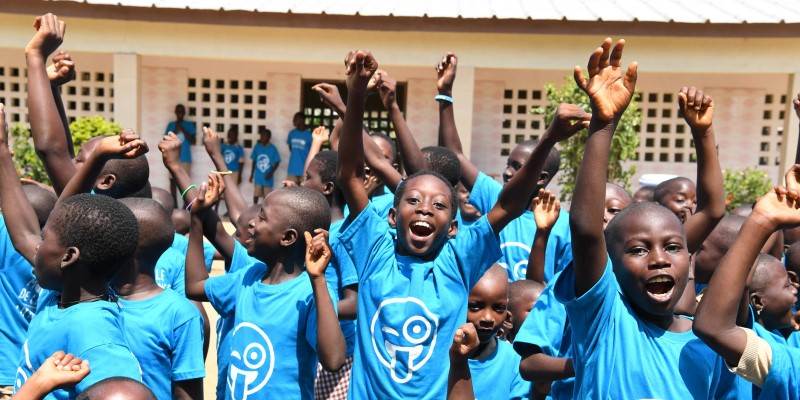Message from the President of ECOSOC, Ambassador Mona Juul, on the International Day of Education 2020:
Education is at the heart of sustainable development. It is the most powerful means to escape poverty. It changes lives, transforms communities and paves the way towards productive, sustainable and resilient societies in which children – girls and boys – can reach their full potential.
Considerable progress has been made worldwide in enrolling children into primary schools, increasing literacy rates and closing the gender gap in education. Yet, too many children today continue to be robbed of the opportunities and benefits of a quality education. In 2019, the United Nations high-level political forum (HLPF), under the auspices of ECOSOC conducted an in-depth review of Sustainable Development Goal 4 (SDG 4). The review highlighted that despite the considerable progress on education access and participation over the past years, 262 million children and youth aged 6 to 17 were still out of school in 2017, and more than half of children and adolescents are not meeting minimum proficiency standards in reading and mathematics. In addition, ECOSOC reviewed SDG 4 in 2011 during its Annual Ministerial Review.
Last September, world leaders launched the Decade of Action to accelerate delivery of the 2030 Agenda for Sustainable Development and its 17 sustainable development goals. SDG 4 on ensuring inclusive and equitable quality education and promoting lifelong learning opportunities for all is an essential global goal and critical for the realization of the 2030 Agenda as a whole. Education needs to be a central component of the Decade for Action.
Despite many successes over the past years, more action is required, in particular to address persistent gender gaps in education. Without accelerated efforts, the world will miss the goal of quality education for all by 2030. Based on current trends, one in every six children will still be out of primary and secondary school in 2030 and only six in every ten young people will complete secondary education.
Girls, especially poor girls, girls that belong to groups that face discrimination and girls who live in countries in conflict, continue to face the greatest challenges. Access to education for girls remains highly uneven in many countries. Priority areas for action include:
- Invest in education that is inclusive, of good quality and reaches all learners;
- Adequately fund and support national and local education systems;
- Remove barriers that keep poor, vulnerable and marginalized children, in particular girls, out of school; and
- Promote greater equity in education, including through resource allocations and access and utilization of technology.
On this International Day of Education, I urge all stakeholders - governments, the private sector, experts and academia, civil society – to strengthen their efforts to turn into reality the vision and commitment of a world in which every child - girls and boys – receives a quality education allowing her or him to grow, prosper, be empowered, know the SDGs and make meaningful contributions to communities big and small everywhere.
